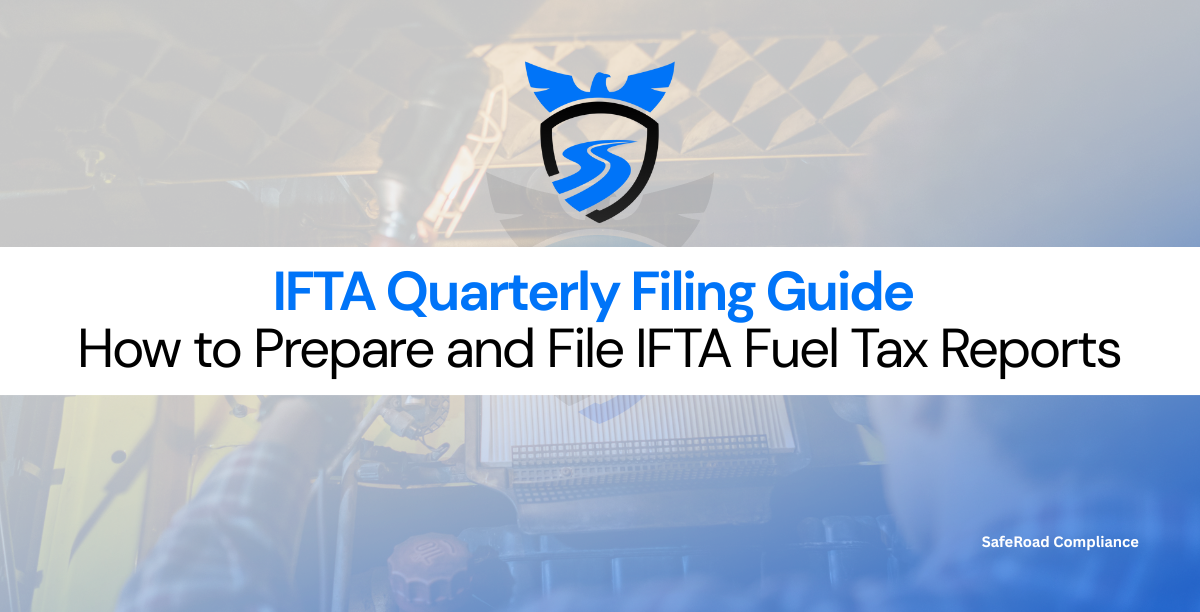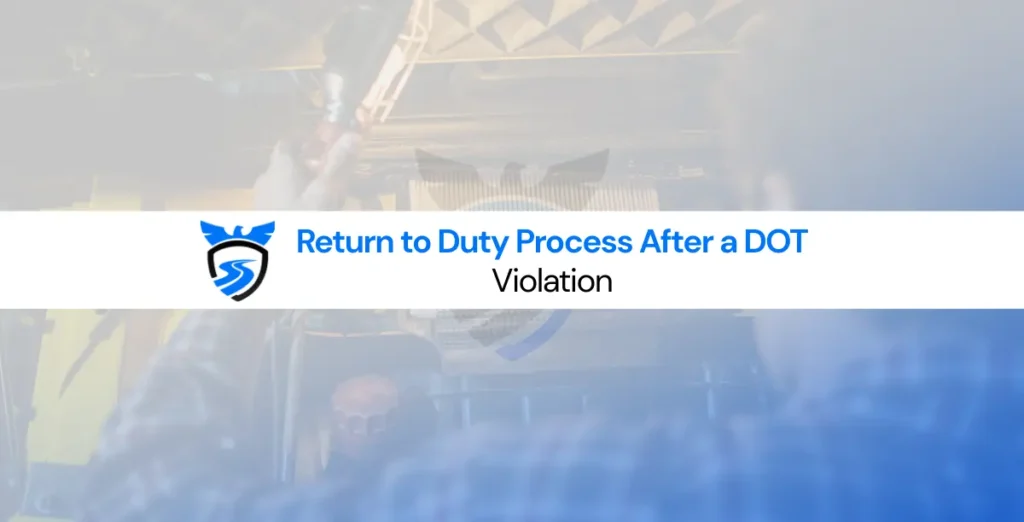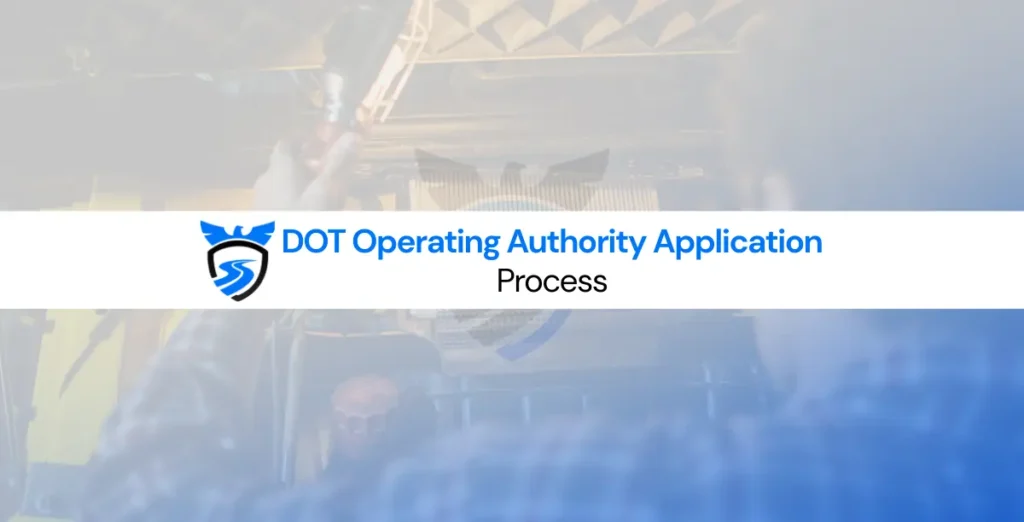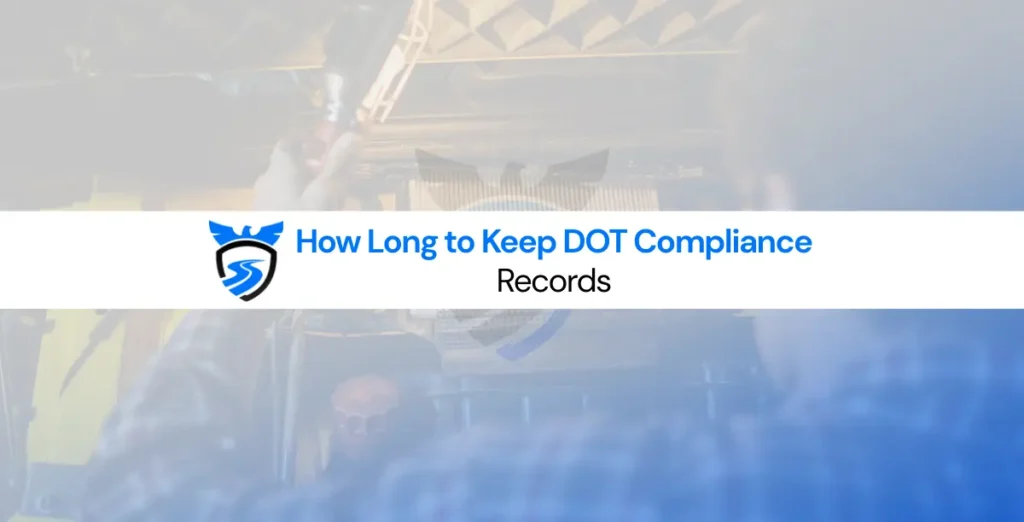Understanding IFTA: Purpose and Legal Framework
The International Fuel Tax Agreement (IFTA) is a cooperative agreement among the contiguous United States and Canadian provinces, designed to simplify fuel tax reporting for interstate motor carriers. Under IFTA, a carrier files a single quarterly fuel tax return with its base jurisdiction, reporting miles traveled and fuel purchased in all member jurisdictions. The base state then allocates the appropriate taxes to each state or province where operations occurred.
IFTA compliance ensures that each jurisdiction receives its fair share of motor fuel tax revenue based on actual vehicle usage. It also eliminates the need for multiple fuel tax permits across states, reducing administrative burden. However, compliance is strictly regulated.
Carriers must maintain precise trip records, fuel receipts, and mileage summaries that meet IFTA auditing standards. Failure to report accurately or on time can lead to civil penalties, interest on unpaid taxes, and even license revocation.
Understanding the legal structure of IFTA under 49 CFR Part 367 and state-level implementations is essential for every motor carrier engaged in interstate commerce.
Who Must File IFTA Reports
All motor carriers operating qualified motor vehicles across multiple IFTA member jurisdictions must file quarterly fuel tax reports. A qualified motor vehicle is any vehicle used for business purposes that:
- Has two axles and a gross vehicle weight exceeding 26,000 pounds; or
- Has three or more axles regardless of weight; or
- Is used in combination and exceeds a total gross weight of 26,000 pounds.
Carriers that operate solely within one jurisdiction may not need IFTA licensing. However, once a vehicle crosses state or provincial borders, it becomes subject to IFTA requirements. Carriers must register for an IFTA license through their base jurisdiction, display valid IFTA decals on each qualified vehicle, and maintain operational records that detail every trip, including fuel purchases and distance traveled by jurisdiction.
Failing to maintain accurate records or filing late returns can result in substantial fines and the suspension of IFTA credentials. Therefore, understanding eligibility and maintaining precise records is not optional, it is a regulatory obligation under IFTA Articles of Agreement, R940, and R1210.
Preparing for Quarterly IFTA Filing
Proper preparation is the foundation of accurate IFTA filing. Each reporting period requires data that covers total miles traveled and total fuel purchased by jurisdiction. Before submitting your report, ensure the following information is complete and verified:
- Trip Records: Log every trip by date, starting and ending odometer readings, routes, and jurisdictions traveled.
- Fuel Receipts: Maintain receipts showing the date, seller’s name, fuel type, gallons purchased, price per gallon, and vehicle unit number.
- Distance Records: Separate total miles, IFTA miles, and non-IFTA miles (e.g., travel in non-member states or off-road operations).
- Fuel Consumption Calculations: Determine miles per gallon (MPG) using total miles divided by total gallons.
Carriers are responsible for retaining records for four years, subject to audit. The FMCSA and state agencies may review fuel and distance data to verify accuracy. Discrepancies, such as inconsistent MPG ratios or missing fuel data, can trigger penalties and back tax assessments.
Accurate preparation also ensures compliance with IFTA fuel tax reporting requirements, which can be managed effectively through professional compliance support. To streamline the process, carriers can use specialized solutions like IFTA Quarterly Reporting Services that simplify calculation, record verification, and filing accuracy.
How to File Quarterly IFTA Reports
Carriers must file IFTA returns every quarter through their base jurisdiction’s online portal or via paper submission. Each return must include total miles driven in all jurisdictions, total fuel purchased, and tax paid per state. The base state calculates whether the carrier owes additional taxes or is due a refund.
IFTA Filing Deadlines:
- Q1: January – March → Due April 30
- Q2: April – June → Due July 31
- Q3: July – September → Due October 31
- Q4: October – December → Due January 31
When filing, ensure all supporting documentation matches the figures reported. Most jurisdictions allow electronic filing, which is faster and minimizes calculation errors. Carriers with multiple fleets must file consolidated reports but maintain individual vehicle records for audit purposes.
Late filings or underpayments accrue interest (typically 0.4167% per month) and can lead to license suspension. Each jurisdiction enforces penalties differently, but consistent late filings can cause broader compliance complications, including revocation of IFTA privileges. Maintaining a disciplined filing schedule ensures uninterrupted operations across member states.
Common IFTA Filing Mistakes and How to Avoid Them
Even experienced carriers occasionally make errors in IFTA filings. The most common mistakes include:
- Misreporting Miles: Excluding non-IFTA miles or failing to segregate personal and operational miles.
- Incorrect MPG Calculations: Using inconsistent odometer readings or failing to account for mixed fuel types.
- Missing Receipts: Losing or discarding critical proof of fuel purchases, which invalidates tax credits.
- Improper Jurisdictional Data: Reporting incorrect state mileage or misapplying fuel tax rates.
- Late Filings: Submitting reports after the due date, resulting in automatic penalties and possible suspension.
Avoiding these mistakes requires a systematic recordkeeping process and frequent internal audits. Modern fleet management systems can automate mileage and fuel tracking, but carriers must still verify data accuracy before submission. Partnering with compliance specialists helps ensure data integrity and mitigates audit risks.
Consistent training for drivers and dispatch staff also minimizes human error in daily trip recording. When combined with professional oversight, these practices ensure full IFTA compliance and protect carriers from costly enforcement actions.
Penalties and Audit Procedures
IFTA violations carry significant financial and operational consequences. Late filings result in a flat penalty of $50 or 10% of the tax due, whichever is greater. In addition, interest accrues monthly on unpaid balances. Carriers that repeatedly fail to file or pay may have their IFTA license revoked and be prohibited from interstate operations.
Audits are another critical component of IFTA enforcement. Each base jurisdiction is required to audit at least 3% of its licensed carriers annually. During an audit, officials review mileage records, trip sheets, and fuel documentation to verify reported figures. Carriers unable to substantiate their data may face recalculated tax assessments for up to four prior years, plus penalties and interest.
Preparing for an audit means maintaining well-organized, accurate, and verifiable records. Implementing automated recordkeeping systems and working with compliance consultants reduces audit exposure and demonstrates good-faith compliance with IFTA regulations.
Conclusion: Stay Compliant with Expert IFTA Reporting Services
Compliance with IFTA reporting is a legal requirement, not an administrative formality. Accurate quarterly filings protect your operating privileges, reduce financial risk, and maintain trust with regulatory agencies. The complexity of multi-jurisdictional reporting makes professional support invaluable for busy carriers. Partnering with an experienced compliance provider ensures every report aligns with jurisdictional fuel tax laws and FMCSA requirements. For professional assistance, explore IFTA Quarterly Reporting Services offered by SafeRoad Compliance. Their experts simplify filing, maintain records, and ensure your business remains fully compliant every quarter.
FAQs about IFTA Quarterly Filing
The International Fuel Tax Agreement (IFTA) simplifies fuel tax reporting for interstate motor carriers operating in multiple U.S. states and Canadian provinces.
Carriers must file fuel tax reports quarterly—by April 30, July 31, October 31, and January 31 of each year.
Carriers must keep trip sheets, fuel receipts, odometer readings, and jurisdictional mileage summaries for at least four years.
Late filings result in penalties, interest charges, and potential suspension of your IFTA license.
Yes. Most jurisdictions provide online filing systems that allow secure electronic submission of IFTA reports.
IFTA pertains to fuel tax reporting, while the International Registration Plan (IRP) governs vehicle registration and apportioned plate fees.






